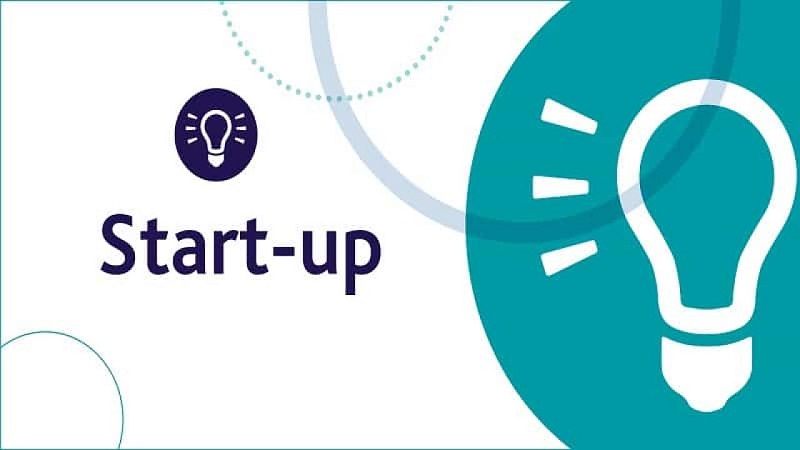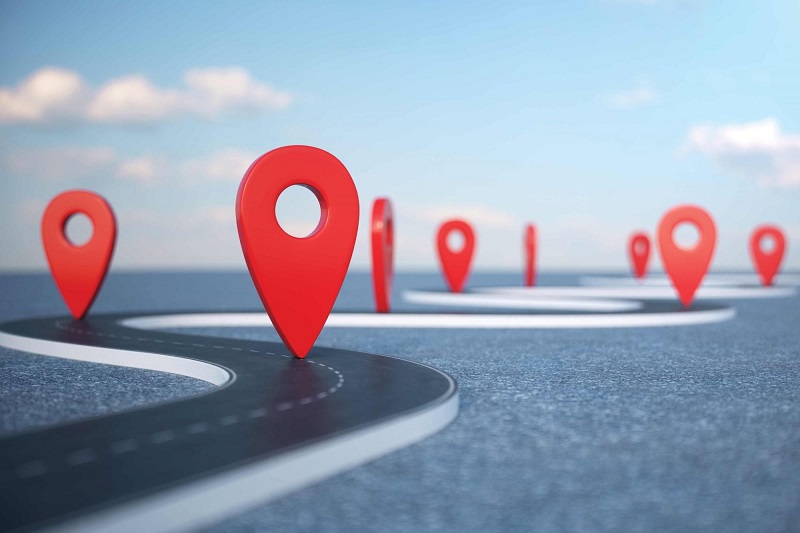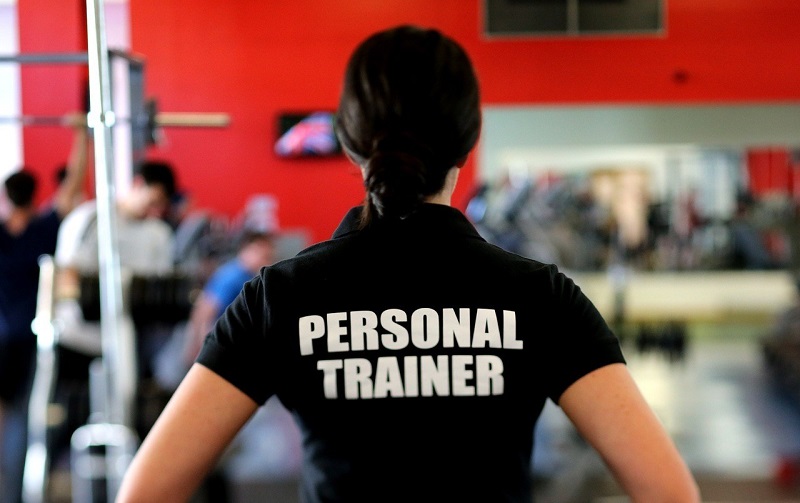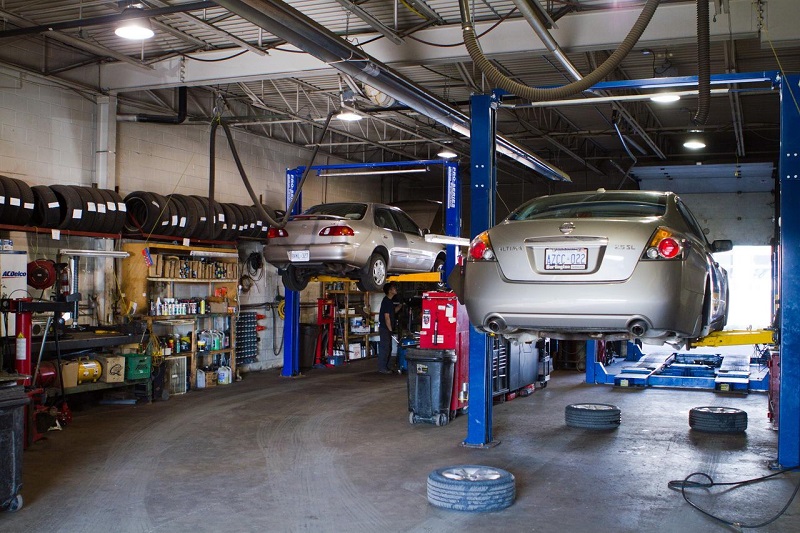What is the most important thing to start a business? Guts. What is the second most important thing? Capital. Although many small business owners launch their business on a tight budget, it is advisable to have some type of capital to draw on, be it $ 10,000 or $ 100,000, depending on the size of the business.
What are “startup costs”?
Start-up costs or launch costs are all those expenses that you will incur before launching your business. They must be carefully estimated and reflected in your business plan. These typically include legal paperwork, licenses and permits, location costs (such as rent), equipment and inventory to get started, and basic marketing expenses.
2007 Census Data from the Small Business Administration Advocacy Office indicated that 70 percent of entrepreneurs used less than $ 25,000 in seed money. If your budget revolves around this number, that’s good news. If not, there’s no need to worry: 44 percent of these entrepreneurs started their business with less than $ 5,000.
Need an example of startup costs? Below we will see what it can cost to start a business in your desired industry and in general terms. Below we show you some average initial cost figures, that is, the costs that are generated before starting to generate income. Keep in mind that these are averages – many business owners started their business with less than half of these average costs. Within each industry, there are many variations and there is no single formula.
Average prices of 10 startups
1. Food service
How much does it cost to start a business in the food and restaurant industry? The starting average is $ 125,000. You can also choose to purchase a restaurant franchise, which will significantly lower your costs. A franchise is a business in which the owners, or “franchisors,” sell the rights to their logo, name, and business model to third-party retailers or independent operators, called “franchisees.” Restaurant franchises usually cost between $ 25,000 and $ 50,000, on a low budget. You can also buy a food truck: they are becoming more popular in cities like Austin, Miami, Cleveland, and Philadelphia, to name a few. A food truck can cost you between $ 30,000 and $ 200.00.
2. Stores
How much does it cost to open a store? The average starting cost is $ 32,000. However, 42 percent of store owners report starting with just $ 5,000.
Some costs remain fairly constant, whether the store you open is for clothing, decorative items, or crafts. You may have to leave a security deposit to rent the commercial space and hire utilities, as well as the first month’s rent. All of this can add up to more than $ 3,000. Don’t forget to allocate more money (between $ 3,000 to $ 7,000) to personalize the space you have rented, buy accessories from the store like shelves and hangers, and take into account other miscellaneous expenses. Costs add up quickly and can reach more than expected.
3. Professional, scientific and technical services (lawyers, veterinarians, accountants, architects, photographers)
The average starting cost is $ 18,000. More than 54 percent of these professionals need less than $ 5,000, and less than 13 percent spend $ 50,000 or more.
To comply with state and local regulations, you will need to purchase the necessary licenses (they can go up to $ 1,000). As you are offering a professional service, it is advisable to draft and sign legal documents to operate your business as LLC, LLP, or as sole owner. Expect to pay at least $ 4,500 for all of this. Other additional startup costs include:
- Specialized software licenses that adapt to the services you offer (between $ 3,000 and $ 5,000).
- Creation of professional brochures and website ($ 5,000 approximately).
- Buy office furniture, computers, and supplies related to your service (between $ 2,000 and $ 4,000).
4. Construction
How much does it cost to start a construction company? The average starting cost is $ 14,000: half of the owners report starting their business with less than $ 5,000. In addition to hiring an attorney to help you register your business name within your state, you will have to pay for licensing and advertising costs (between $ 4,000 and $ 6,000).
Many contractors already own tools but find they need more specialized equipment when taking on larger projects. Set aside about $ 5,000 and increase the budget allocated to your tools as your business grows. The contractor’s insurance protects you and others if they are injured on the job. You can bundle your business property, liability, and surety insurance together to save money (between $ 1,000 and $ 2,500).
5. Real estate
Real estate agents are passionate about homes and helping others buy them. Once you’ve received the necessary training, paid for your license ($ 700), and passed the exam, you’ll need to find a real estate broker. The broker takes responsibility for day-to-day operations, saving you those costs. Most brokers charge between $ 25 and $ 500 a month for you to operate as an agent. Tax-related expenses include the annual membership fee ($ 200) and marketing costs ($ 1,000 or more) for business cards, a website, and advertising your properties. Don’t forget to factor in the money you’ll spend on gas when moving to show properties, lunches with clients, and the costs of a home office.
6. Health insurance
Providing health insurance to businesses and individuals can be a lucrative job, as everyone needs this kind of protection. Startup costs range from $ 5,000 to $ 50,000 and typically include these expenses:
- Every state requires you to take general education and ethics courses, which range from $ 300 to $ 500 per course. Many are available online so you can progress at your own pace.
- Once you have completed the credit hours required for these courses, you can take a licensing exam for each insurance category (estimate about $ 50 for each exam).
- If you set up your business from home, you will save substantially on startup costs. For example, you will not pay rent for an office or furniture, nor will you hire additional public services.
- You can start working with other agent’s clients. These costs are negotiated between the agents and represent the majority of your startup costs.
- Good management software will help you complete administrative tasks within the insurance industry. You plan to spend between $ 50 and $ 300 a month to access the software’s features.
7. Transportation
If you already have a truck, why not make it more efficient by transporting people to work, the airport, and other places? You can also use your vehicle to help others move or to serve seniors. So how much does it cost to start a trucking company? In addition to the licensing and insurance costs already mentioned for other professions, there are other associated startup costs:
- Assuming you already have your truck, you will have ongoing maintenance expenses to repair the vehicle. Reserve between $ 300 and $ 500 a month in case you have to face unexpected repairs.
- Gas cards will allow you not to have to carry extra money for gas. If you work all day, expect to spend up to $ 40.00 a day or more on fuel.
- You will need business cards and brochures ($ 200).
- As your business grows, you may decide to establish an office. As we’ve already mentioned, you will need to pay rent, buy office furniture and equipment, and pay other operating expenses.
8. Personal trainer
How much does it cost to be a personal trainer? On average, you can spend between $ 8,000 and $ 10,000 before you actually train your first client. You will need that amount of capital to start a business as a personal trainer. If you rent a space in a gym or club, these places usually collaborate with certified instructors (proper certification costs between $ 1,000- $ 1,500). On the other hand, you can rent your own space and pay for electricity, water, etc. This option can cost $ 2,300 or more per month. Some coaches save money by meeting with clients in their homes. Regardless of where you provide personal training, you can spend up to $ 5,000 on equipment.
Plus, you’ll need to track your clients’ progress – allocate roughly $ 1,000 for software and a laptop. And allocate another $ 750 to cover office supplies, clothing, and fees associated with maintaining your website. Also, it is important to have enough money for your business license and other fees required by your county or city ($ 600).
9. Auto repair shop
Getting the tools and equipment needed for a car shop is not cheap. Hydraulic jacks are necessary to work under cars and trucks and cost more than $ 4,000. Chances are you already have a good variety of tools. If you don’t have them, plan to pay $ 15,000 to buy hand and power tools, jack stands, multimeters, toolboxes, and other essential supplies. Keep in mind that only diagnostic machines cost between $ 5,000 and $ 10,000. Additionally, many auto mechanics acquire an ASE certification. To stay competitive in your field. Obtaining this certification costs around $ 500 – this includes study guides and exam fees. Other business costs to start this type of business include permits, advertising, and liability insurance ($ 3,000- $ 4,000). If clients don’t pay on time or if you have a lower workload period, you will need cash to cover your regular expenses.
10. Translator
How most translators work from home, they can set up an office without having to rent space. Good lighting, a comfortable chair, and adequate desk space are essential to work (estimate about $ 500). You’ll need a computer with enough RAM to multitask and a high-speed Internet connection ($ 800). A must-have printer that scans, faxes, and prints, as well as accounting and translation software ($ 1,500- $ 2,000). Most translators invest in continuing education courses to hone their skills and learn other languages ($ 500- $ 1000). Plus, you’ll also have typical startup costs like setting up a legal entity, creating a website, and marketing activities ($ 750 – $ 1,250).
How to calculate your business costs
If you have already decided in which sector you are going to start your business, you can have a general idea of the costs involved. But to accurately calculate the final cost, keep the following tips in mind.
1. Break down the costs
We just looked at the average cost of launching a business, but let’s take a look at what this might entail. If you calculate each sector of your business, you are less likely to run out of capital in a few months. Common initial costs may include but are not limited to: market research, accounting, and legal advice, statutory requirements such as license and insurance; signage and marketing; accessories and purchase of equipment; personal expenses and salaries. The amount of cost can vary based on many factors: for example, if you work from home, you will not incur office expenses, such as monthly rent or Internet connection.
2. Be aware of these hidden costs
There are some startup costs of a business that many entrepreneurs overlook. So that the same does not happen to you, bear in mind the following costs:
Insurance
It’s something you should consider, maybe not right away, but as soon as possible. If you have a lot of inventory on your property, that is reason enough to obtain property insurance; there is always the possibility of an accident, fire, or flood. If there is a risk of being sued by a customer, consider getting liability insurance. In any case, you should consult an expert about the most appropriate insurance for your business.
Taxes
They can be an unpleasant surprise. Unfortunately, taxes are unavoidable, even for freelancers.
Personal fees, permits, and licenses
You may need to hire a tax professional or attorney to help you set up your business. You may also need a professional to help you apply for permits and licenses.
3. Other tips and tricks
Starting a business doesn’t have to be a daunting task. By following the advice of those who have already been through this experience, you can save yourself the added stress. These are some:
- Look at other similar companies: Check the financial status of any publicly listed company in your industry. Even if you don’t have exactly the same costs, it will help you see where they are spending their money, to decide which investments are worth it.
- Estimate ongoing versus unique costs – be sure to calculate the costs you will pay monthly or year after year, and which you will pay only once.
- You overestimate the costs. Many experts recommend adding 10% to the cost of your business to cover unforeseen or miscellaneous expenses. Entrepreneur.com offers you a useful startup cost calculator to help you with the task.
- Essential or optional? When identifying your costs, decide if they are essential or optional. A realistic budget should only include those things that are necessary to start a business.
- Fixed or variable? Establish which costs fall into which category. Fixed expenses include rent, utilities, administrative costs, and insurance costs. Variable expenses include the costs of inventory, shipping and packaging, sales commissions, and other costs associated with the direct sale of a product or service.
- Learn the art of “Bootstrapping.” Bootstrapping refers to a series of techniques that allow you to create a business without the need for external capital, just by making use of the resources that you already have available. Learn all about bootstrapping in this video:
Conclusion
Whatever business you decide to start, planning ahead, and identifying potential costs will help you avoid stress in the future. If you are ready to start your business, be sure to stay informed about all the resources you need to start your business. And if you have already embarked on the adventure of having your own business, remember that a commercial loan can suppose the injection of capital you need, whether it is to buy machinery, hire staff or make renovations. A loan from Camino Financial can be the solution since you only need to have been operating your business for 9 months. If you decide on that route, you just have to fill out this quick online application to know instantly if you pre-qualify for a loan. If so, one of our business loan specialists will contact you to guide you through the process. You could receive the money you expect in less than ten days!











